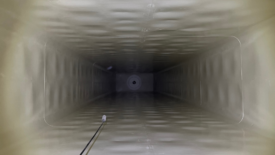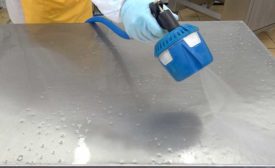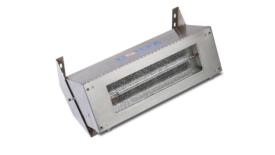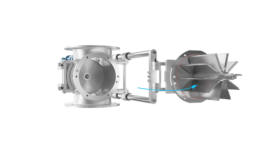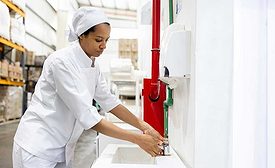Facilities
Sustainable Wet Sanitation to Reduce Equipment Damage
Success can be achieved by working together to reimagine wet sanitation processes that clean effectively and efficiently while preserving assets and improving sustainability outcomes
April 9, 2024
Building a Culture of Hygiene in the Food Processing Plant
One of the crucial building blocks for a successful food safety or quality culture is basic food hygiene
February 13, 2024
Never miss the latest news and trends driving the food safety industry
eNewsletter | Website | eMagazine
JOIN TODAY!Copyright ©2025. All Rights Reserved BNP Media.
Design, CMS, Hosting & Web Development :: ePublishing



